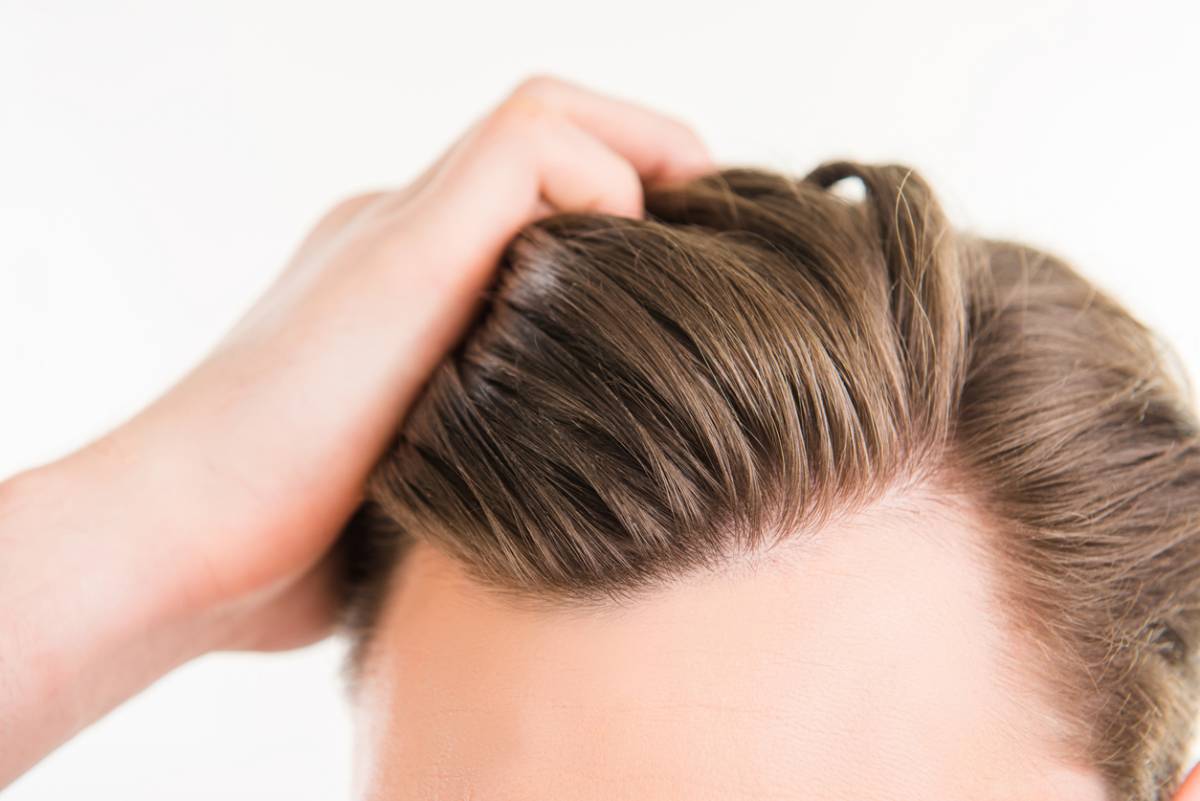Hair transplant surgery has the potential to offer a patient an updated and highly preferable appearance to their scalp. Due to the power of this procedure, many patients with various forms of pattern baldness and other conditions have received a boost in confidence. So, how should I prepare for hair transplant surgery?
How Should I Prepare for Hair Transplant Surgery?
Like any serious medical operation, there are some steps to take to ensure that your hair transplant procedure is a success. These steps, as prescribed by your doctor, should help you to achieve the best results possible.
If you have an upcoming hair transplant in Colorado, take a look at this outline to learn how best to prepare for this procedure.
What Happens During Hair Transplant Surgery?
During a hair transplant surgery, a physician removes small grafts from an area of the scalp where hair is plentiful, and transports it to an area where hair is lacking. These types of grafts can come in various sizes and shapes.
Hair transplants can be a gradual process, and sometimes it takes multiple sessions to achieve the results that a patient is looking for. Prior to the surgery, the donor area of the scalp will be trimmed short to allow for an easier transplant.
After the transplant is complete, the surgical area will be dressed, and you may be asked to observe certain behaviors or take medication during this time. There are several subtypes of hair transplant surgery, including the following:
- Tissue Expansion
- Scalp Reduction
- Flap Surgery
How Should I Prepare for Hair Transplant Surgery?
Your surgeon will give you a set of instructions to allow you to maximize the results of your surgery. This could include things like the following steps:
- Advice on things to eat and drink
- Smoking cessation
- Keep track of whatever supplements or vitamins that you might be taking
- Make arrangements for your post-surgical period
Depending on the details of your personal health profile, or the health of your scalp and hair, your physician may have additional steps for you to take in order to ensure the safety and success of your recovery period.
Hair transplants are performed with the use of local anesthesia, which is generally thought to be less hard on the body. This means that the procedure should be accessible to most patients who are interested in receiving treatment.
After Your Procedure
Hair transplants can vary considerably in terms of complexity and recovery times. Your own recovery time will be somewhat dependent on the level of complexity undergone during the surgery itself.
There are, however, some general guidelines that can be applied in terms of how one can expect their recovery timeline to look like. Some of the following steps can be expected in your recovery:
- Bandages can usually be removed within 24 hours of your surgery being completed
- You can begin washing your hair within two days of your initial procedure
- Stitches from the surgery are typically taken out within a week or 10 days
- Strenuous exercise is advised against for about three weeks following your procedure
- Sexual activity may also be advised against for about a week following the surgery
In addition, you may be called upon to return to your doctor’s office to discuss your results and talk about your recovery process. This is generally done for the first couple of months following the surgery.
Picking the Right Surgeon
In general, it is advised that you should select a board-certified plastic surgeon for your procedure. Board-certified physician’s are deemed fit to practice by a board of their peers. They undergo a series of rigorous tests and qualifications to prove their ability to practice.
Failing to select a board-certified surgeon has the potential to jeopardize the overall safety and quality of the results for your procedure. Some of the standards that board-certified surgeons are subjected to include the following:
- Completing six years of surgical training
- Passing various comprehensive written and oral exams
- Graduating from a medical school equipped with accreditation
- Proven pursuit of a continuing medical education
- Performed surgery in accredited and state-licensed medical facilities.
At times, you might come across surgeons who claim to have accreditation from other sources rather than the ABPS. You should treat such accreditations skeptically.
The Best Hair Surgeon in Colorado
Denver Hair Surgery is one of the best resources available for patients who are looking to have a successful hair transplant surgery. If you’re looking to have a FUE hair transplant that’s placed in the hands of a dedicated professional, contact us today to set up a consultation to discuss your options.






 Schedule your Consultation Today
Schedule your Consultation Today